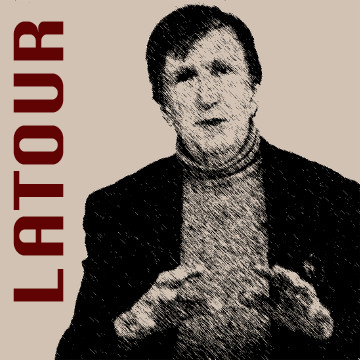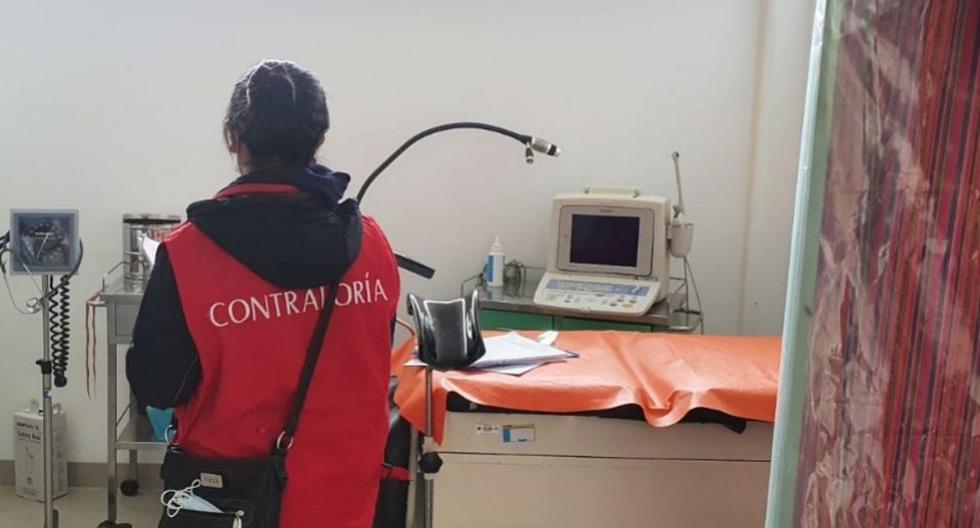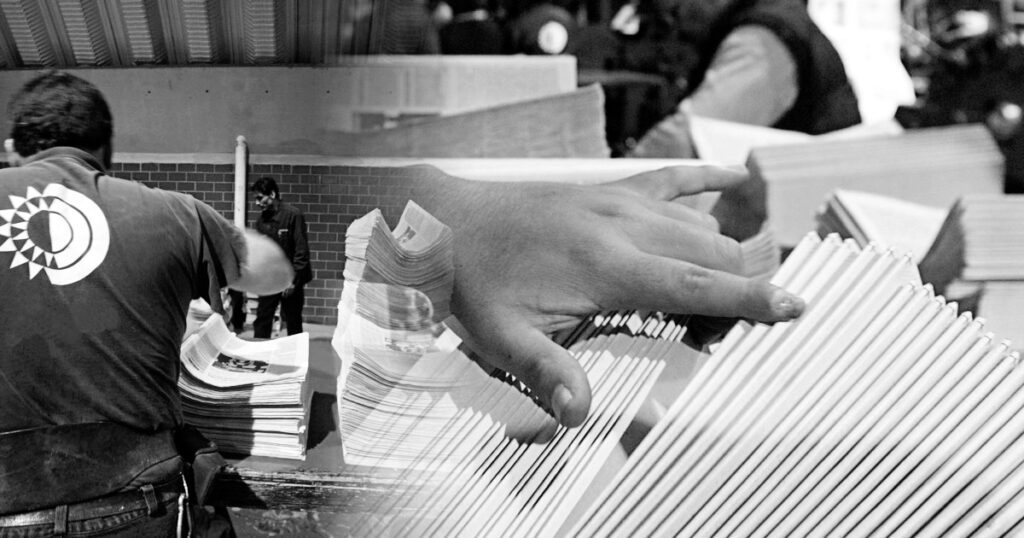We ask ourselves what the climate and political crises have in common, without ruling out that in the latter we see a lot of crises due to the instability that being and working in the human climate often generates. The manifestations of nature in this sense are clear. Landslides, rainfall, radical temperature changes and their subsequent negative effects on the community of people who always expect effective responses from our policy, which generally stands out for presenting or prolonging economic and social crises. The changes are evident and politics insists on disdaining them.
Politics does not assume its responsibility regarding climate change and what is sought to be done from this field to influence their behavior in order to regulate the temperature or the existence of natural accidents. Now also in Paraguay prior to the general elections we will have to hear many references about our environment and what is intended to be done so that with the care of it in the spirit that we achieve the balance of mutual care on the planet and country.
In France, for example, it is worrying “when the ecological transition shakes politics” and they affirm that thehe climate crisis will disrupt all economic and social sectors. “The obvious nature of the threat will not make us change that we must prepare to remake politics,” says Bruno Latour, a French philosopher. This great thinker passed away recently at the age of 75 and is one of the most important French intellectuals of his generation who passed away after a long fight against disease. He has done many works meditating on politics and his relationship with nature that are accessible on the net for anyone curious about the subject. They are titled; “politics and nature in pdf-type files that help to be readable, avoiding common visual disturbances when wanting to read something through our screens.
The legacy of the French
This man was an anthropologist and sociologist of science and technology, and associate professor emeritus of Sciences Po (political science in French).
Famous and famous abroad, winner of the Holberg Prize (2013) and the Kyoto Prize (2021) for all his work, Bruno Latour was, in fact, for a time misunderstood in France, since his research objects seemed disparate.
French philosopher whose work spanned many disciplines and who believed we should take better care of Earth’s resources.
In his penultimate book, After Lockdown: A Metamorphosis (2021), the philosopher and ecological thinker Bruno Latour, who has died at the age of 75, argued that humans should emulate termites, even if they live in mounds made of chewed earth and fecal matter. .
Termites should be our role models, Latour argued, because they are not rampaging the Earth, nor are they Elon Musks insects seeking to relocate to another planet. “ That is escapism”, said Latour. Thus making his position clear for the galaxy tourism projects presented by Elon Musk with his Spacex project (espaciox)
He also said that “when you think in terms of a critical zone, you are locked in, you cannot escape”. By that key term, “critical zone,” he meant a space two to three kilometers thick “above and below the Earth’s surface.” But all the discovered life is within it.” Therefore, it is important for all living beings to take care of each other in this space and not destroy it or “escape” from it.
He was very insistent on caring for the environment and not destroying it by the inhabitants of our house or planet, who sometimes already shows us his discomfort towards those he has been hospitalizing, that we continue not to understand the effects of pollution, deforestation and many concepts that do not build but destroy the fauna and flora of the globe.


















